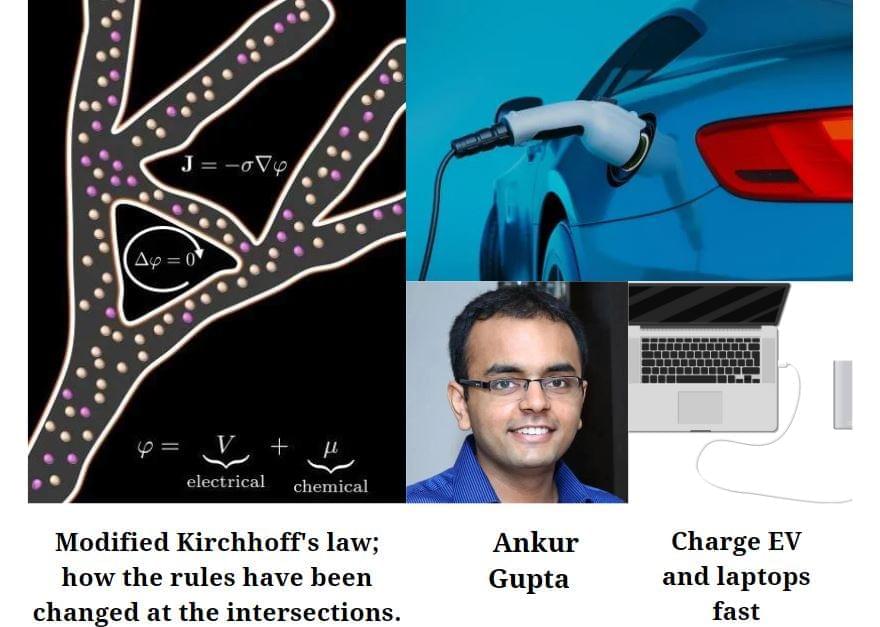Imagine if your dead laptop or phone could charge in a minute or if an electric car could be fully powered in 10 minutes. While not possible yet, new research by a team of CU Boulder scientists could potentially lead to such advances.
Published today in the Proceedings of the National Academy of Sciences, researchers in Ankur Gupta’s lab discovered how ions, move within a complex network of minuscule pores. The breakthrough could lead to the development of more efficient energy storage devices, such as supercapacitors, said Gupta, an assistant professor of chemical and biological engineering.
“Given the critical role of energy in the future of the planet, I felt inspired to apply my chemical engineering knowledge to advancing energy storage devices,” Gupta said. “It felt like the topic was somewhat underexplored and, as such, the perfect opportunity.”










Comments are closed.